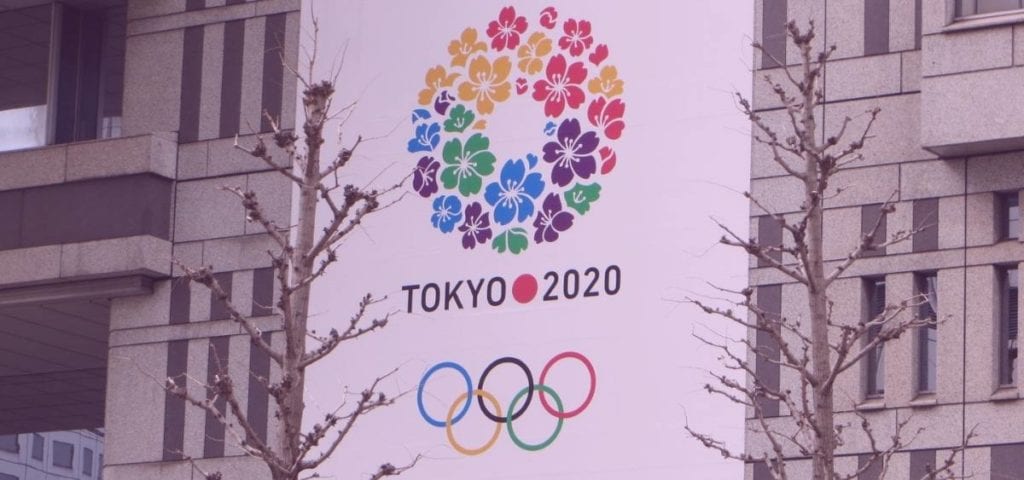The World Anti-Doping Agency (WADA) said it cannot reconsider the suspension of Sha’Carri Richardson for her cannabis use but the agency sympathizes “with the circumstances” of the case.
WADA Says It Cannot Overturn Sha’Carri Richardson’s Suspension

Full story continued below.
Advertisement
In a letter to U.S. Representatives Jamie Raskin (D) and Alexandria Ocasio-Cortez (D) the World Anti-Doping Agency (WADA) said that it cannot reconsider the suspension Sha’Carri Richardson although the agency sympathizes “with the circumstances” of the case and applauds the sprinter’s “accountability for accepting that the rules are in place for athletes worldwide.”
Richardson was suspended from competition for 30 days on July 1 following a positive test for cannabis following USA Track & Field trials in Oregon last month. She was also left off the 4X100-meter relay team which will ultimately prevent her from competing at the Olympic Games at all. In a statement following the decision to keep her off the relay team, USA Track & Field said it “fully agrees that the merit of the World Anti-Doping Agency rules related to THC should be reevaluated” but “it would be detrimental to the integrity of the U.S. Olympic Team Trials for Track & Field if USATF amended its policies following competition, only weeks before the Olympic Games.”
Richardson, considered the fastest woman in the world, said she had only used cannabis to cope with the death of her mother. During an interview with NBC’s Today Show last week, she apologized for her cannabis use.
“I know what I did. I know what I’m supposed to do. What I’m allowed not to do and I still made that decision. But [I’m] not making an excuse or looking for any empathy in my case.”—Richardson during a Today Show interview
In the letter to Raskin and Ocasio-Cortez—both members of the House Subcommittee on Civil Rights and Civil Liberties – WADA notes that cannabinoids have been on the Prohibited List since before the agency took over oversight of drug testing from the International Olympic Committee in 2004.
WADA explains in the letter that athletes are only tested for cannabinoids in-competition, which is defined as “the period commencing at 11:59 pm on the day before a competition in which the athlete is scheduled to compete through the end of such competition and the sample collection process related to such competition.”
“Therefore, the Prohibited List has no impact on whether an athlete chooses to use cannabis at any other time of the year for recreational or other purposes. Also, the decision limit for triggering a positive test for cannabis is 180ng/mL,” WADA said in the letter. “According to the current science, an athlete who occasionally uses cannabis, even days before a competition, would be extremely unlikely to test positive with this decision limit.”
Thus, the agency asserts, the civil liberties of athletes “are not burdened by cannabinoids being included on the Prohibited List for in-competition testing only.”
WADA further notes that, despite broad legalization in states throughout the U.S., it has never “received any objection from U.S. stakeholders concerning the inclusion of cannabinoids on the Prohibited List.”
“On the contrary, as has been reported by some media, the U.S. has been one of the most vocal and strong advocates for including cannabinoids on the Prohibited List,” the letter states. “The meeting minutes and written submissions received from the U.S. over nearly two decades, in particular from [U.S. Anti-Doping Agency], have consistently advocated for cannabinoids to be included on the Prohibited List.”
WADA said that it is “not in position to vacate the results of Ms. Richardson’s test in Oregon, the 30-day suspension imposed by USADA, nor the decisions of USA Track and Field regarding her participation at the Tokyo Olympics.”
Meanwhile Nike, which has sponsored Richardson since 2019, said the company appreciates the athlete’s “honesty and accountability and will continue to support her through this time.”
Get daily news insights in your inbox. Subscribe
End